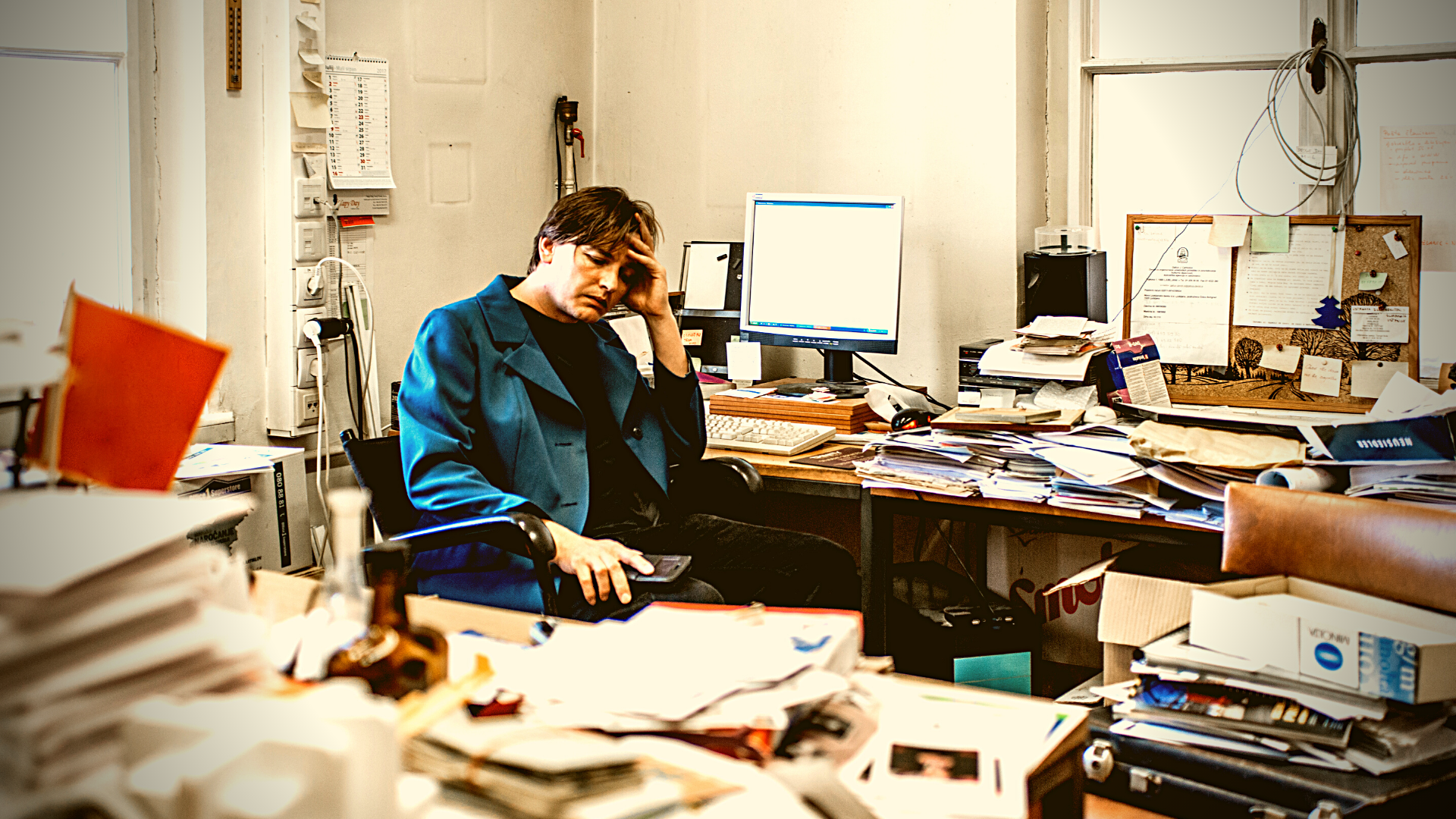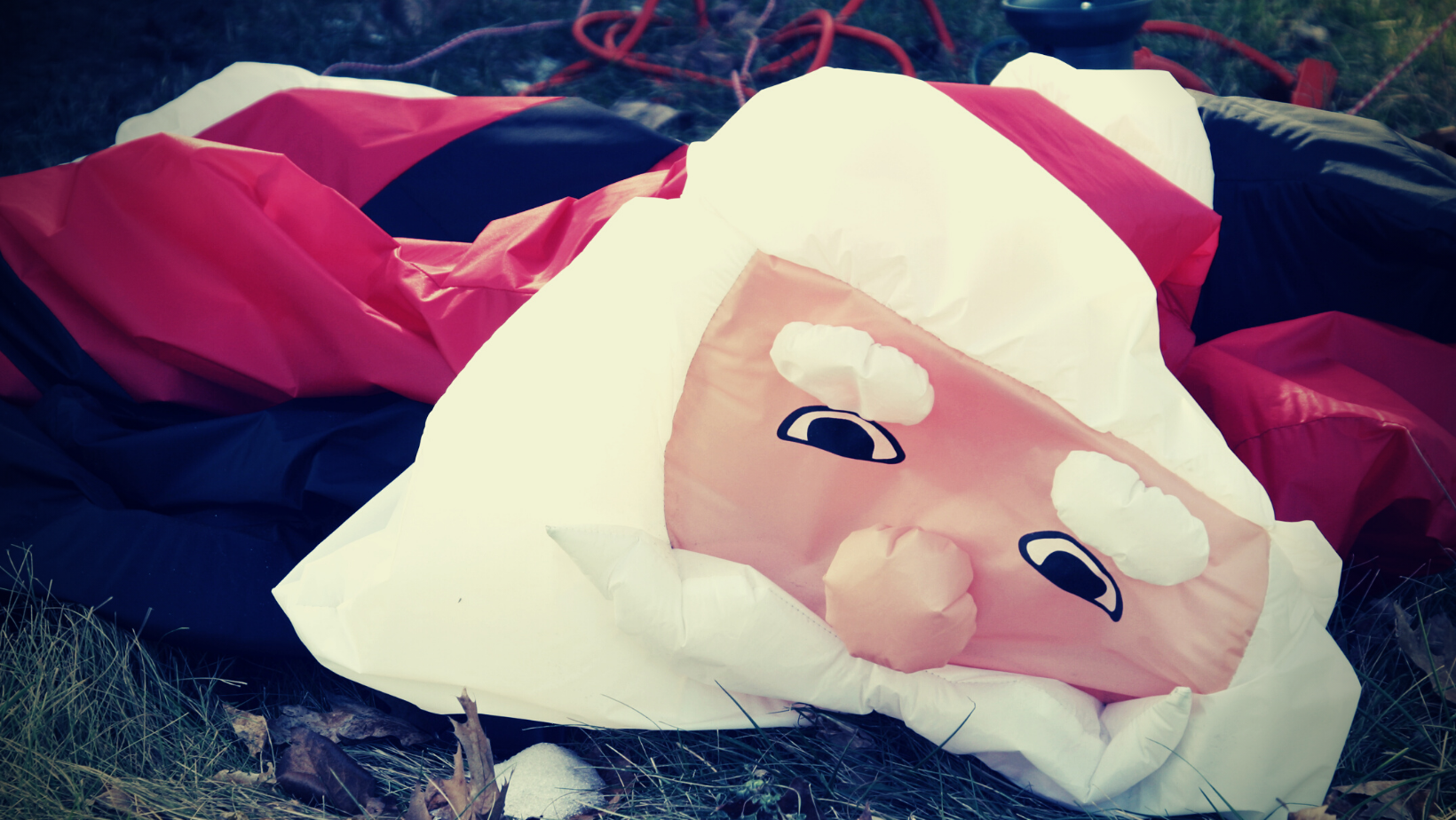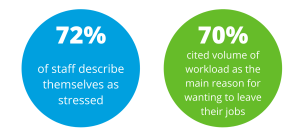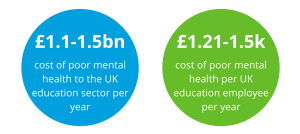positive mindset
Feeling overloaded? The solution might not be less work...
Feeling overloaded? The solution might not be less work...
By Karen Amos
I’ve just had a couple of interesting sessions with clients, exploring how to create capacity within their organisation and their life in general. Many of us know the feeling of being up to, if not over capacity and the stress, pressure and often anxiety this brings. It’s almost a fact of modern working life - that feeling there’s just no wriggle room and that you daren’t even think about what happens if one more thing goes wrong, or there’s a bout of sickness or a resignation.
I’m a coach not a magician, so I can’t manifest time that doesn’t exist – although it wouldn’t be a bad superpower would it? What I can do often feels a little magical though in the turn-around it brings people, but there’s no woo-woo involved – I simply help my clients find clarity.
Often when I start working with clients, particularly around any ‘Time Management’ type issues, they expect me to do the usual, ‘Prioritise your tasks… delegate…, etc., etc.’ There's very much a time and a place for these tools and I frequently use these along with other time management techniques, this usually isn’t my starting point.
The fact is that most time management issues stem from a mindset issue. This is a kind of good news/bad news situation though.
The bad news is that this means the root of the problem lies with how you view it, so no blaming other people for your problems. You know, the whole, 'My boss is so mean to me' routine. A bit harder to do when you're self-employed mind.
The good news is that simply changing how we think, can completely transform our situation.
When I work with my clients, we look at what’s going on… then look at what’s REALLY going on! That’s the key to coaching – getting right down to the root cause of the problem. We often find this too difficult to do on our own, as we’re viewing the world through a filter of our emotions, values, experiences and expectations. A good coach will help you work out exactly what your pressure points are and also your priority outcomes. (Hint – we often confuse activity with outcomes and these really, really are not the same thing!)
One of the questions I often ask my clients is:
What would change if you accept the fact there will always be too much to do in any given day/ week/ month/ year?
Along with:
What would you do differently if you believed your wellbeing and happiness was just as important as everyone else’s?
By asking these types of questions, I can bring a fresh pair of eyes for my clients, helping them make decisions and create the space they need to work on the stuff that really counts. So to paraphrase that paragon of Stoic philosophy, Marcus Aurelius, the difficulty is often not what's going on around us, but our response to this.
If you'd like to find out how our 1-to-1 coaching programmes can help you get 'unstuck' and move forward this year...
Call us: 07714 855757
or click HERE to book in a short, no-obligation chat
Karen Amos is an executive coach and founder of BrightBird Coaching & Training. She supports leaders and managers to get the best out of themselves and their teams. She brings a down-to-earth, practical approach to improving working lives through better leadership, communication and working relationships.
Your Christmas Coaching Survival Guide...
Your Christmas Coaching Survival Guide…
By Karen Amos
So here it is – my coaching guide to surviving Christmas!
When I say ‘Christmas’, I’m talking about the general Christmas celebrations we have in the UK, not the religious festival. I do feel these are two markedly different things.
So how did it all get so out of control?
There are reports of Christmas being commercialised since the late 1800’s and perhaps even before, so it’s not necessarily a ‘new’ thing. Santa had been illustrated as dressed in red in the mid 1800’s, but Coca Cola famously linked Santa to its brand colours. The reason? It was difficult to sell fizzy drinks in winter! We’re now in the situation where parents take their children to see the Coca Cola truck and ‘ooh’ and ‘aah’ at the spectacle. Well that clearly worked didn’t it?
The 1947 film Miracle on 34th St is basically about the over-commecialisation of Christmas in a store. Did you know that even Rudolph the red-nosed reindeer was invented in 1939 by another department store to sell merchandise?
So, this retail extravaganza really isn’t that new – along with the stress that we associate with the build up.
The evergreen Christmas stress is tough enough without all the financial concerns people are now having. So, if the thought of Christmas is causing you more stress than pleasure, this is the perfect opportunity to do something different and have the Christmas you really want.
I say this as someone who took charge of their Christmas years ago. I got tired of the retail-obsessed, drink-and-eat-all-you-can-fest, so started my own tradition of going to the Cairngorms for Christmas. My husband and I have one low-key ‘Christmas do’ with our family before departing to the Highlands in our campervan. We walk in the snow on Cairngorm summit on Christmas morning, before having an expensive bottle of wine and tapas and other nibbles for Christmas ‘dinner’.
Lots of people say they are jealous of us being able to do this, but they could just as easily do this themselves if they chose. It’s completely in anyone’s gift to change.
But it’s not that easy?
My advice is to think about your absolute ‘must have’s’ for Christmas – what’s really important? It’s unlikely to be a cuddly toy vegetable from a discount supermarket, or a huge credit card bill and a 7-day hangover!
Here’s a great coaching question to take a step out of your usual mindset:
‘If I could do anything I wanted at Christmas – what would I be doing?’
Your ‘dream’ Christmas may not be possible, but often it’s nearer than you think.
Once you’ve answered this question, pick out the elements that make Christmas special for you, what’s given you joy in the past – and also which bits would you gladly bin!
Then work out all the ways, including seemingly impossible ones, to make this happen.
It often helps to do this with someone else, so they can help you find the solutions and work-arounds.
A big fear is that family and friends will be upset or offended if you’re not doing what they want, so remember:
#1 – You can’t control other people – just yourselves.
#2 – There may be ways you can spend time with family and friends, but in a way that still meets your needs.
#3 – Even if some people are disappointed, they’ll get over it! Let’s face it, by new year, Christmas is already a distant memory for most people.
#4 – Stick to your guns if you’re doing something radically different. Once you’ve made the change, it’s much easier in future to continue with this.
This was definitely the case on our first year going to the Cairngorms, but now everyone expects us to do this and it’s no big deal.
If you’re worried about what other people will think, or have some ‘shoulds’ or ‘oughts’, ask yourself ‘who says?’
And what will actually happen if you don’t do it everyone else’s way? The answer is usually ‘not much’.
Another idea for changing things is to give your Christmas a theme – for example, you could hold an ‘eco Christmas’ where you waste as little as possible, or a ‘sharing Christmas’ where everyone pitches in, or even a ‘charity donation Christmas’.
Think about ways you can make this transition:
- Buffees instead of huge meals
- Everyone brings something
- Everyone brings their own glasses
- A Secret Santa where you just buy one present for each member of the family
- Going out for a walk instead of a huge drinking session
- ‘Buying’ a grand day out to be used later in the year, instead of shop-bought gifts – we found our elderly parents would much prefer a special day out, than yet more ‘stuff’ they don’t need!
Just remember – the constant messages we see and hear are designed for one thing – to help businesses part you from your cash.
I have a business too – I get it – and there’s nothing wrong with buying a nice gift for someone. Let’s just do it in a way that makes everyone happy.
What are your top tips for a stress-free Christmas?
Check out our Positive and Productive Wellbeing programme for schools. We offer many more coaching tips and approaches to help you manage your time and stress and build a positive mindset. CLICK HERE to check out our web page for more info, or to book.
Or call us for a no-obligation chat on: 07714 855757
or email: [email protected]
Karen Amos is an executive coach and founder of BrightBird Coaching & Training. She supports leaders and managers to get the best out of themselves and their teams. She brings a down-to-earth, practical approach to improving working lives through better leadership, communication and working relationships.
Your Christmas Coaching Survival Guide...
Does your wellbeing strategy add to your stress?
Does your wellbeing strategy add to your stress?
By Karen Amos
Are you working in education? Are you feeling under pressure, stressed, or that your general wellbeing just isn't that great? You probably already know this, but I'll say it anyway - you're not alone. BUT WAIT! Whatever happened to the Education Staff Wellbeing Charter? After all, it was only launched in Autumn 2021 and who doesn't love a new initiative...?
Thinking back to my time in leadership roles in the public sector, the NHS in particular, I can remember that sinking feeling when yet another ‘initiative’ landed on my desk. Not that they were always bad (although to be fair, some were shockers), but I recall that feeling of overwhelm, wondering where and how I could find the resources and time to actually implement this, without dropping another plate.
I’m not going to tell anyone working in education that they have a tough job. That’s like telling a sheep it’s woolly. There’s a degree of acceptance of an education professional's lot in working life – and by this I’m meaning everyone working in education, not just teachers - and to corrupt a song, 'a teacher's lot is not a happy one'. The fact is the statistics make grim reading.
I don’t believe there’s anything to gain in playing misery ‘top trumps’ with other jobs and sectors. This doesn’t get anyone anywhere. Many sectors have huge issues with stress and burnout, each with its own particular issues and education is no exception. The fact is however, that education does rank in the top 4 most stressful occupations in the UK. ¹
So here are some numbers:
- 72% of education professionals described themselves as being ‘stressed’ in 2021 (84% of senior leaders)2
- Unsurprisingly, this was up from an already high 64% in June 20202
- 70% of Education staff (80% of senior leaders) who considered leaving the profession did so due to workload2
- 54% considered leaving due to personal mental health and wellbeing2
I believe this is the tip of the iceberg and that the issue is significantly under-reported for many reasons. If you have time, do check out the links below for more information. (Short pause for you to laugh derisively at the word ‘time’…)
From a leadership view, I see there are two issues with wellbeing in the workplace.
Firstly, there’s an ethical issue. No-one should come to work and be made ill or unhappy. That’s my mantra. I have personal (negative) experience in this area. We can all have a rubbish day from time to time, but if we’re accepting this as the norm, then something’s seriously broken.
Secondly, there’s the financial issue - and let’s face it, this is often the deal-breaker. Few would argue against the ethics of having a healthier workplace and workforce. The difficulty lies in implementing this – either though lack of time and resources, or simply the financial pressures of balancing already stretched budgets.
NB: Whilst there’s also a legal/compliance issue with wellbeing, I’d suggest this comes from a combination of ethical and financial (i.e. costs to the state) issues.
So, if the finances are the clincher, here are a few more stats:
- 50% of all working days lost in the UK in 2020/21 were due to work-related ill health1
- Education is one of the top 3 most stressful sectors in the UK 1
- Poor mental health amongst employees costs £42–45 bn in the UK each year - This includes the costs of absence/presenteeism and turnover3
- The cost of poor mental health to the UK education sector (and public purse) is estimated to be £1.1 – 1.5 bn per year3
- This equates to £1203 - £1585 per education employee per year3
So what to do?
Whilst there’s lots everyone can do to improve wellbeing in education, it’s obvious there is no quick fix and I’ll be writing more extensively on this in future articles. In the meantime however, we should take note of the Education Staff Wellbeing Charter4 , where it states that there are no expectations that ‘managers [will] provide professional wellbeing support for which they have no professional training.' In short - you can't be all things to all people.
Instead, I suggest we should take a holistic view, rather than the traditional sticking-plaster approach. This will take time and starts with building a wellbeing culture. To do that we need to throw away any badges of honour that go with working ridiculous, impossible hours and begin meaningful conversations with those around us. This means we have to be prepared to hear uncomfortable truths. Additionally, it’s now time to check our own personal story - from one that talks about ‘overworked education professionals', to one that says ‘This is not acceptable’ and ‘I deserve more’.
- HSE – Work related stress, anxiety or depression statistics in Great Britain - 2021
- Education Support – Teacher Wellbeing Index - 2021
- Deliotte – Mental Health and Employers – Refreshing the case for investment – Jan 2020
- The Education Staff Wellbeing Charter
If you would like to find out more about BrightBird's online Positive & Productive Wellbeing Programme, click HERE.
Down-to-earth, straight-talking support for you and your team to manage stress, build resilience and time management skills and develop a positive mindset. Delivered at a time and pace to suit you.
For an informal, no-obligation chat about how we can help you, call us on 07714 855757, or email [email protected].
 Karen Amos is an executive coach and founder of BrightBird Coaching & Training. She supports education leaders and managers who are feeling the pressure, to get the best out of themselves and their teams. She brings a practical, down-to-earth approach to improving working lives through better leadership, communication and wellbeing.
Karen Amos is an executive coach and founder of BrightBird Coaching & Training. She supports education leaders and managers who are feeling the pressure, to get the best out of themselves and their teams. She brings a practical, down-to-earth approach to improving working lives through better leadership, communication and wellbeing.






